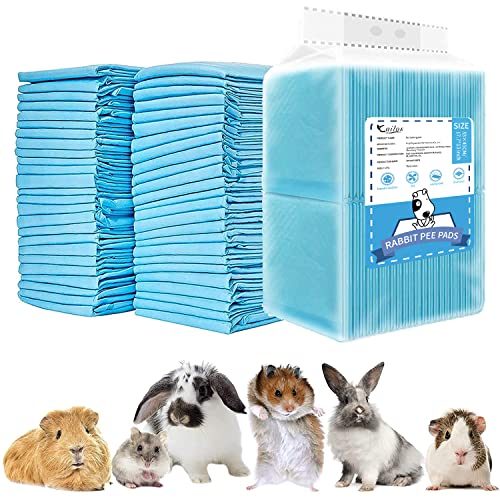Donnie Rabbit
New Member
Hey guys, I have a lionhead/Dutch Dwarf mix and he is an old boy (10) and I'm worried about this new virus that is sweeping the Southern US. It is only a matter of time that it reaches everyone. We need to know what to do to prevent it from infecting our little fur babies. Does anyone have any knowledge? I just read that it can be carried on shoes, and unfortunately it is a very hardy virus and can survive in water, heat etc. Any info that is out there would be great. Thanks!































































